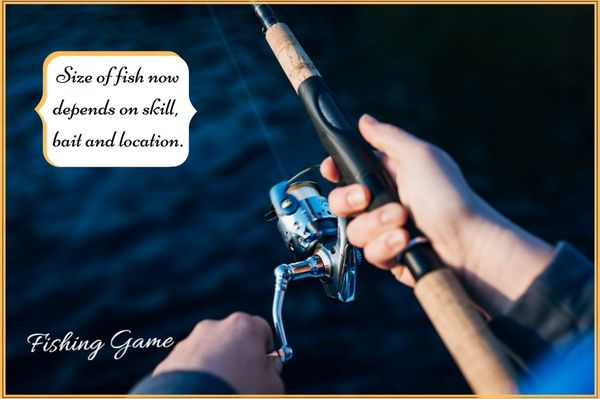Rock Fishing Auckland - A Guide to Rock Fishing in Auckland
What is Rock Fishing?
Rock fishing is a form of fishing that uses rocks and other objects to catch fish. Rock fishermen use this method for catching many types of fish, including perch, trout, bass and pike. The most popular type of rock fishing involves using a small or medium-sized rock as bait and catching larger fish. Larger rocks are often used to catch small fish but can be used as a weapon if needed, as a generator of noise, or to cover a fish's escape route.
Rock fishing can be done using a variety of methods. Some methods include placing the rock in one or both hands, throwing it into the water and then retrieving it, and reeling in the bait with an improvised rod. In some cases, fishermen will rig up an electrical generator to make noise to attract fish.
The first recorded rock fishing took place in the mid-19th century in Europe. After that, rock fishing was popularized by American author Edward Lamson Henry in his book "Fishing with a Long Pole" which was published in 1849. Rock fishing is used around the world and has many different names such as "frog gig".
How to Fish for Rock Fish?
Rockfish are a difficult species to catch as they bury themselves in the sand, put their head up and wait for prey to come. Rockfish are a difficult species to catch as they bury themselves in the sand, put their head up and wait for prey to come.
In order to catch them, you need bait that is close enough for them to see and smell, but not so close that they see and smell the bait. Bait locations can be as close as a foot from the surface, or as deep as a few hundred feet in many cases. The depth at which they feed can vary depending on conditions, habitat, and species. For example, in shallower waters, the rockfish will hunt closer to the surface.
Placed deep, they will hunt in the depths. Bait locations can be as close as a foot from the surface or as deep as a few hundred feet in many cases. The depth at which they feed can vary depending on conditions, habitat, and species. For example, in shallower waters, the rockfish will hunt closer to the surface. Pl aced deep, they will hunt in the depths. Most rockfish are found near the surface where there is a lot of prey. Other times they can be found at depths of 600 to 1500ft below the surface.
Rock Fishing Locations in Auckland
Fishing is not just a hobby, it can also be a lifestyle. People who have a passion for this sport know that the best way to enjoy fishing is by going to different places and locations. So how should one choose a rock fishing location in Auckland?
This article will provide you with helpful tips on how to find the best rock fishing spot in Auckland. You will find out some of the areas where you can go fishing and what you need to bring with you when going there.
10 Best Rock Fishing Locations in Auckland:
- North Head
- Cheltenham Beach
- Takapuna Head
- North Narrow Neck To St Leonard’s Beach
- Black Rocks
- Milford
- Castor Bay To Campbell’s Bay
- Mairangi, Murray’s And Rothesay Bays
- Torbay, Winstone’s Cove
- Arkles Bay
What are the Best Times of Year To Go Rock Fishing?
In the United States, rock fishing is best done in the early spring and late fall. Spring is a great time because there are more things to catch, like catfish and bass. Late fall is a good time because the weather is cooler and doesn't interfere with fishing.
With this introduction, we would want to include information about rock fishing in the USA as well as when it's easier to go rock fishing during those periods. Rock fishing is best done in the early spring and late fall.
It's easier to go rock fishing during these periods because it's warmer for casting, but not too hot for fishing.
Thoughts on Rock Fishing Auckland
You can enjoy fishing while also enjoying the natural beauty of our area.
Rock Fishing in Auckland is a great way to enjoy the outdoors and get some fresh seafood too.
It’s hard to beat the experience of standing on an Auckland pier with a rod and reel, waiting for that strike. You’ll be close enough to feel the waves gently push up against you and see the mountains off in the distance. And when you finally land your catch, you’ll know it was worth it.








.png)














0 Comments